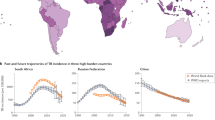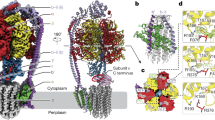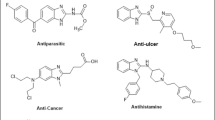Abstract
Tuberculosis is one of the leading contagious diseases, caused by Mycobacterium tuberculosis. Despite improvements in anti-tubercular agents, it remains one of the most prevalent infectious diseases worldwide, responsible for a total of 1.6 million deaths annually. The emergence of multidrug resistant strains highlighted the need of discovering novel drug targets for the development of anti-tubercular agents. 2-C-methyl-D-erythritol-4-phosphate cytidyltransferase (IspD) is an enzyme involved in MEP pathway for isoprenoid biosynthesis, which is considered an attractive target for the discovery of novel antibiotics for its essentiality in bacteria and absence in mammals. In the present study, we have employed structure based drug design approach to develop novel and potent inhibitors for IspD receptor. To explore binding affinity and hydrogen bond interaction between the ligand and active site of IspD receptor, docking studies were performed. ADMET and synthetic accessibility filters were used to screen designed molecules. Finally, ten compounds were selected and subsequently submitted for the synthesis and in vitro studies as IspD inhibitors.
Similar content being viewed by others
Article PDF
Author information
Authors and Affiliations
Corresponding author
Rights and permissions
About this article
Cite this article
Varikoti, R., Gangwal, R., Dhoke, G. et al. Structure based de novo design of IspD inhibitors as anti-tubercular agents. Nat Prec (2012). https://doi.org/10.1038/npre.2012.7088.1
Received:
Accepted:
Published:
DOI: https://doi.org/10.1038/npre.2012.7088.1



